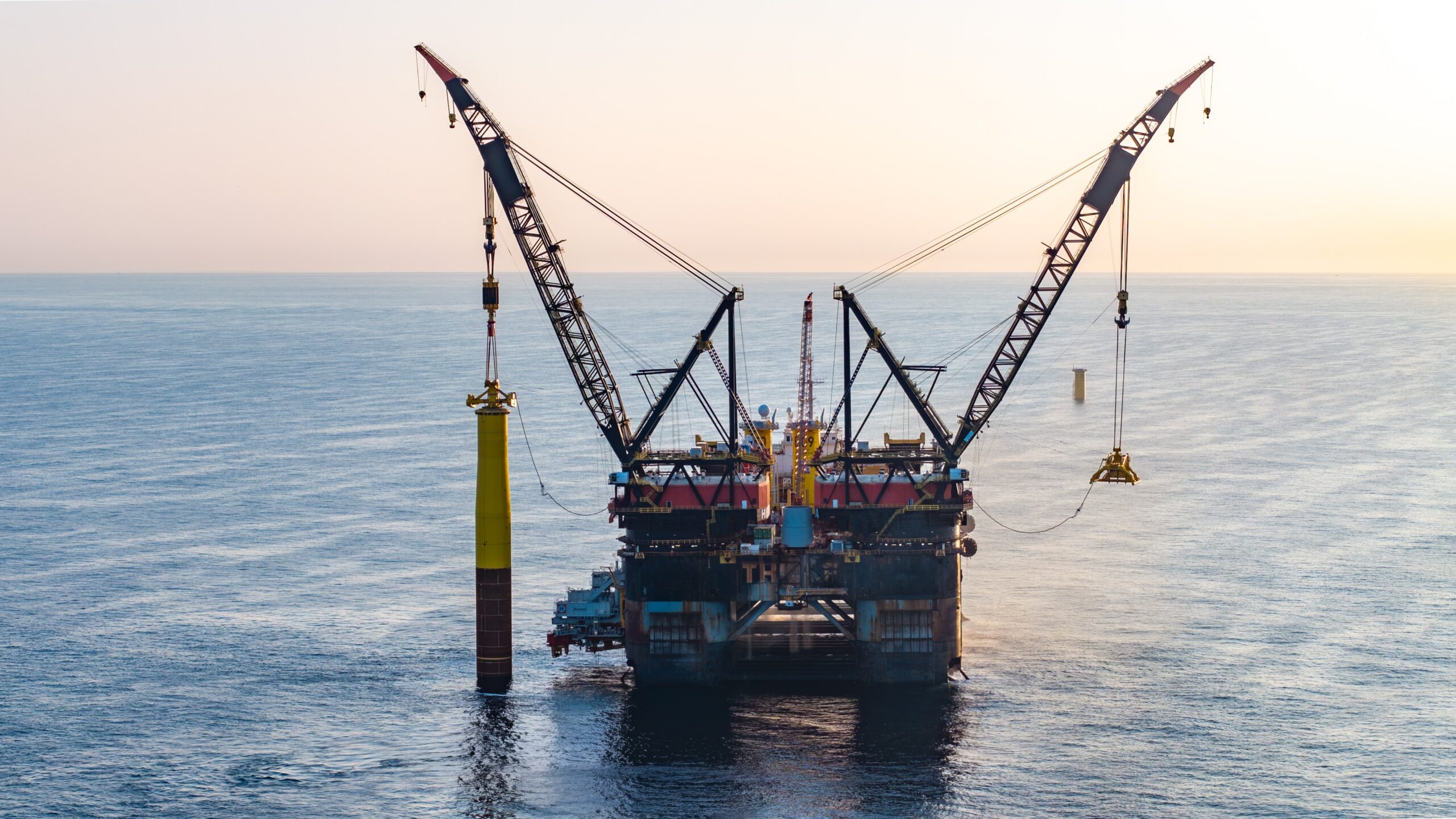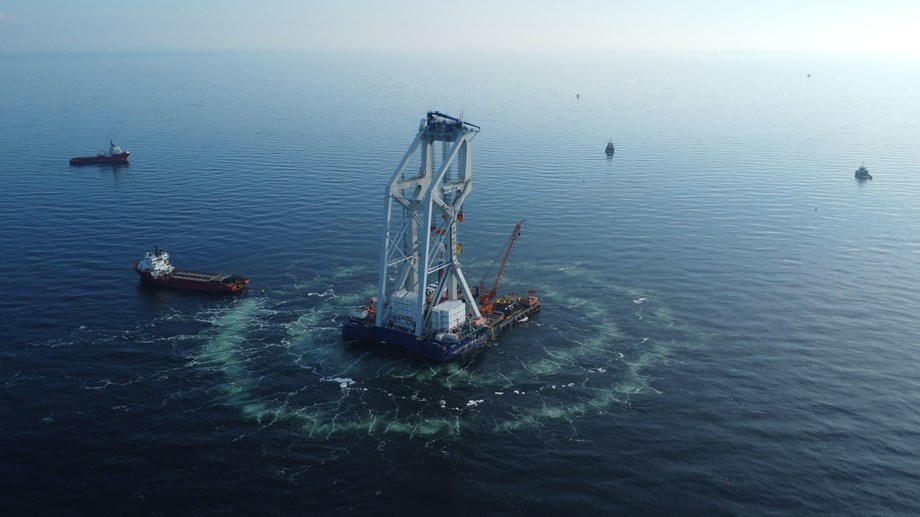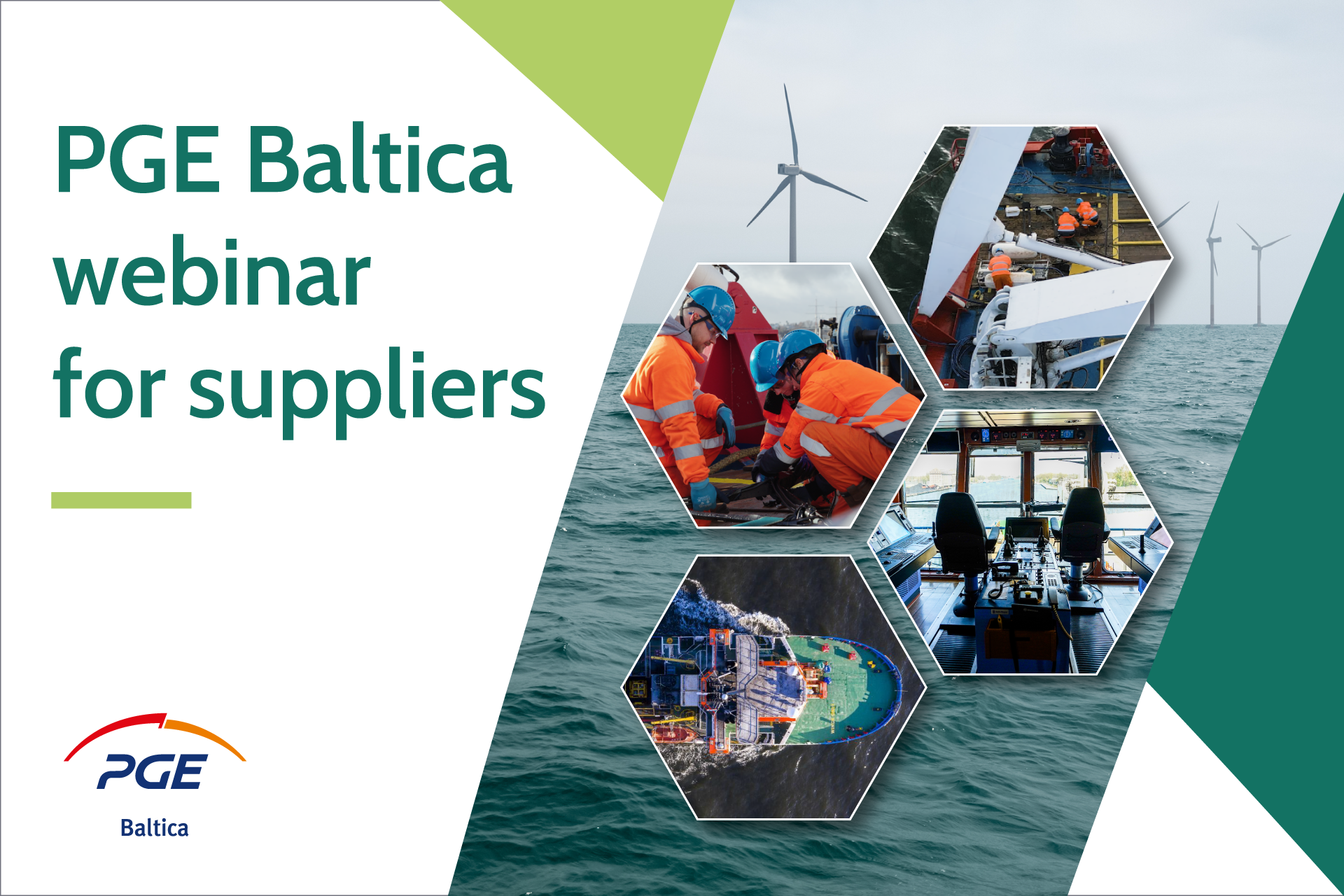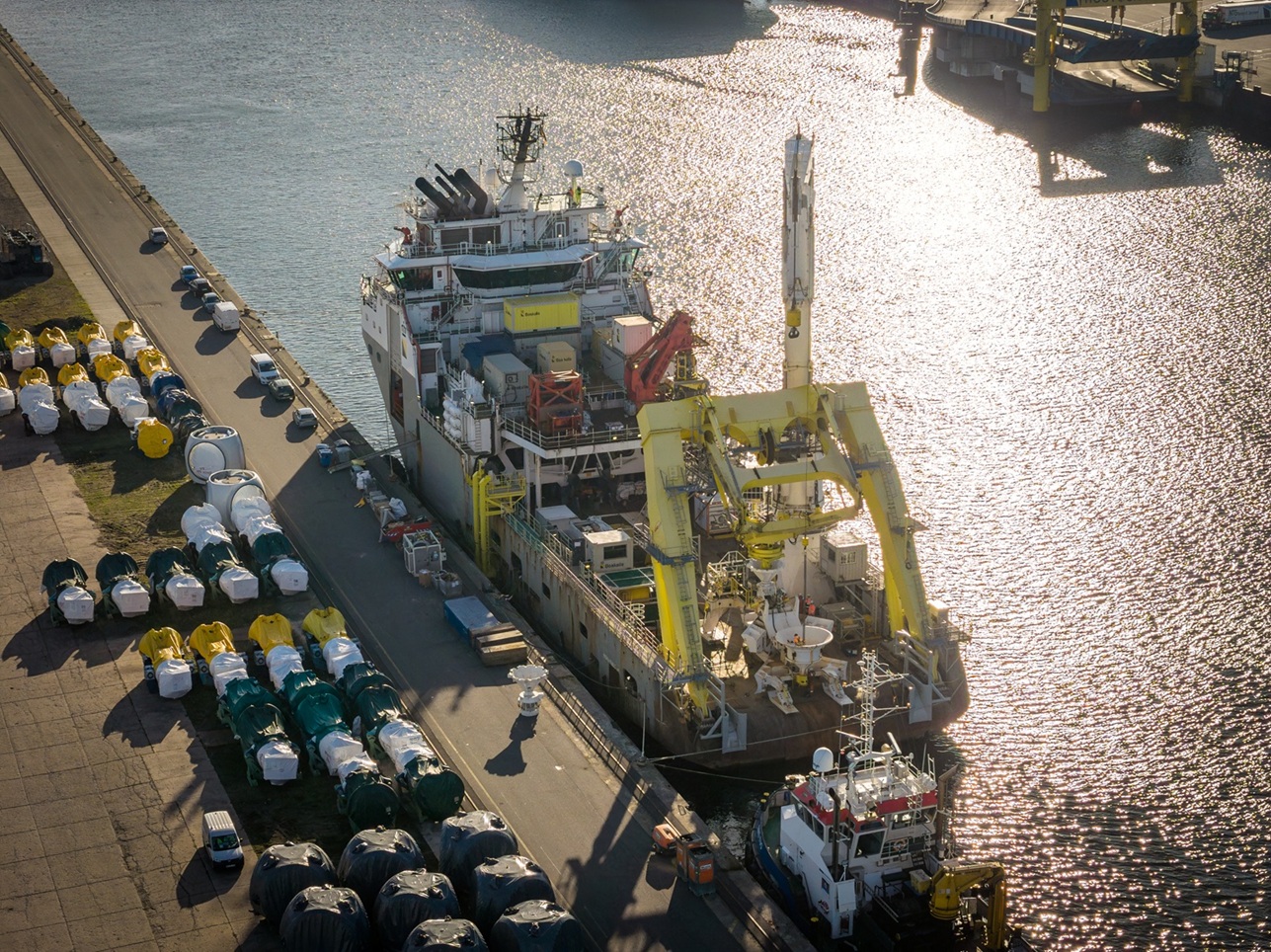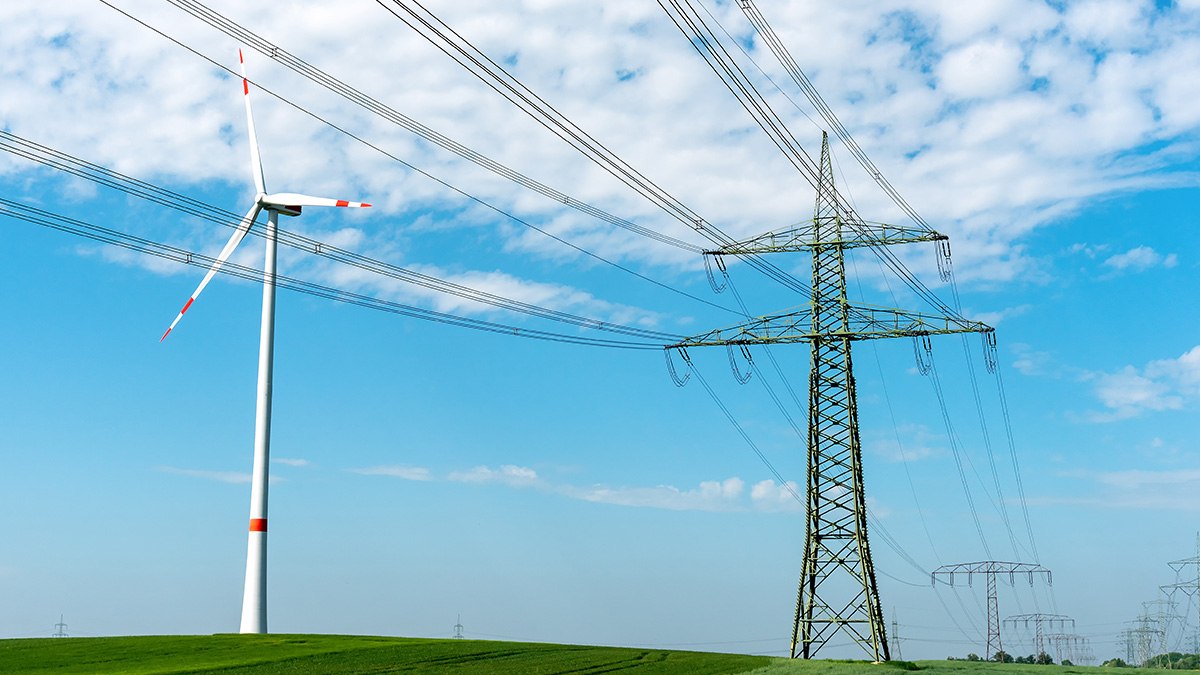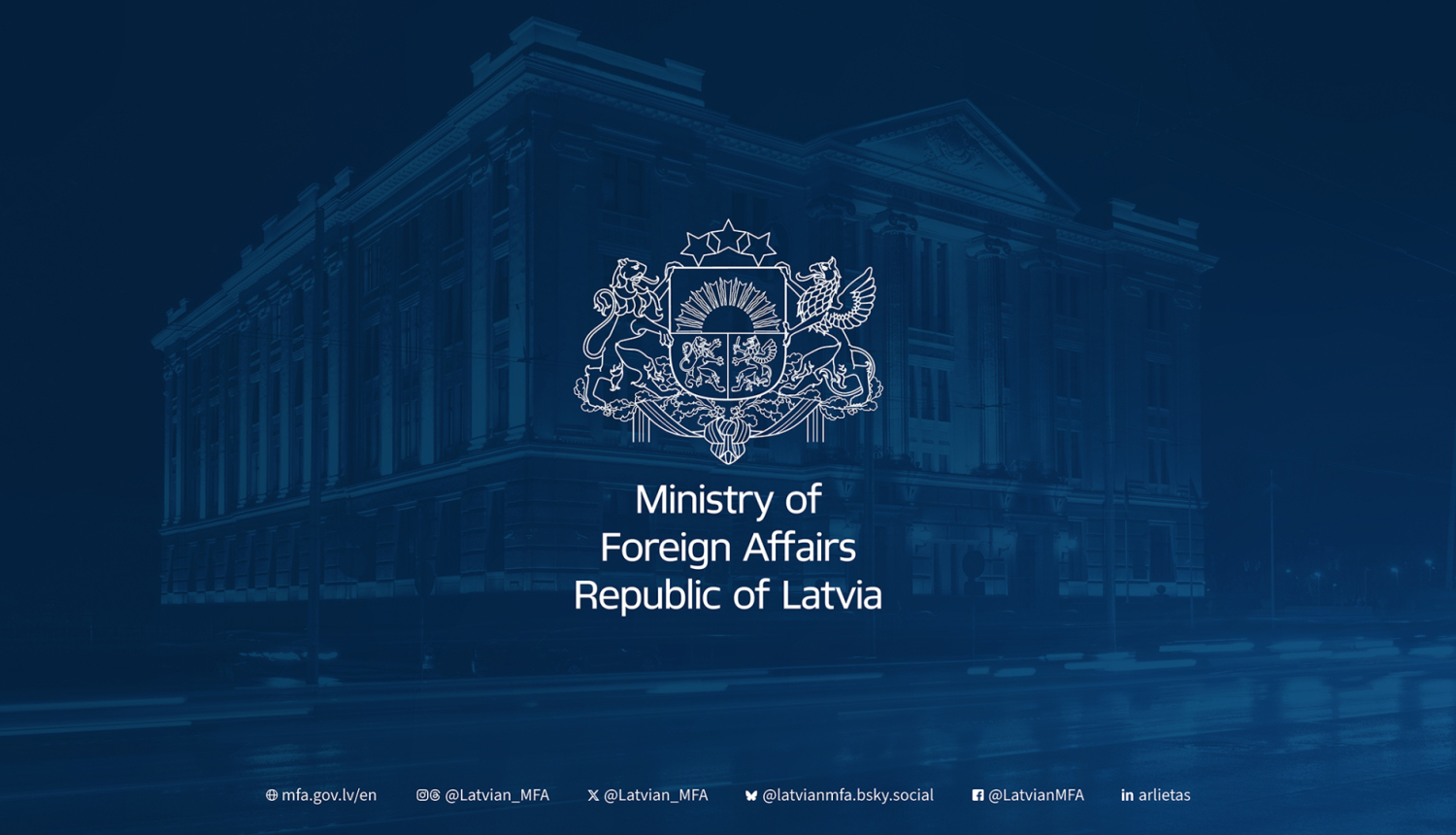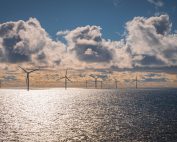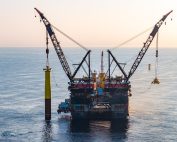The Parliament voted a few days ago on the report on the EU strategy for offshore renewable energy, prepared and adopted by the Committee on Industry, Research and Energy. The document was finally adopted. – Offshore wind energy needs “all hands on deck”. Firstly, it is about exploiting the potential of every European basin. I wanted the Baltic Sea to be mentioned in this context in the resolution of the European Parliament – this is what happened – said Jerzy Buzek, Member of the European Parliament, Chairman of the Committee on Industry, Research and Energy (ITRE) and former President of the European Parliament, in the interview for BalticWind.EU.
Patrycja Rapacka: What are the most important conclusions from the debate on offshore renewable energy in the European Parliament?
Jerzy Buzek: What was emphasised above all is how its sustainable and effective development – especially offshore wind energy, but not only – can help us respond to key challenges in three areas.
Firstly, climate policy. We have a goal of climate neutrality for the European Union by 2050 and a target to reduce CO2 emissions by at least 55% by 2030. This, in turn, requires greater ambitions, e.g. in terms of renewable energy sources – even a 40 percent share of RES in the EU energy mix in 2030. This will not be possible without the full use of the potential of offshore renewable energy – we are even talking about 80 GW of power.
It is worth stressing, however, that this is not only important for the fight against global warming, but also for strengthening the EU’s energy security and self-sufficiency. And this is another, second challenge. Generally speaking, renewable energy is our domestic source. The more of them we have, the less energy we have to import and the less we are dependent on external price fluctuations or whims – sometimes even blackmail – of suppliers from outside the EU.
Na debacie plenarnej w #PE o strategii #UE ws. morskich odnawialnych źródeł energii podkreśliłem: klucz do ich rozwoju, w tym na Bałtyku, to równe traktowanie w krajach UE wszystkich inwestorów. Bez uczciwych i jasnych zasad gry nie wykorzystamy w pełni potencjału morskiego OZE! pic.twitter.com/YR5CLd9Yk1
— Jerzy Buzek (@JerzyBuzek) February 15, 2022
And thirdly – competitiveness and economic growth, and the related green reindustrialisation of Europe. In some sectors of the economy – for example, energy – intensive industries such as steel, chemicals or fertilizers – it will not be possible to reduce CO2 emissions, their so-called carbon footprint, without pure hydrogen. And again – there certainly won’t be enough of it without the development of, among other things, offshore wind.
Why is it so important to treat all offshore wind investors equally in EU countries?
Let’s start with the fact that non-discriminatory and fair treatment of all investors and entrepreneurs – regardless of the sector – is one of the fundamental principles on which the EU and its common market are built. It is one of those things which, as they used to say, gentlemen do not discuss.
As far as this one industry is concerned, what is also at stake is what I have already mentioned: combating climate change, energy independence, and economic development. If we are serious about this, offshore wind energy needs “all hands on deck”. Firstly, it is about exploiting the potential of every European basin. I wanted the Baltic Sea to be mentioned in this context in the resolution of the European Parliament, which it was. Secondly, it is important to involve all investors with the relevant experience, technical knowledge and capital. This requires fair and transparent rules of play which do not favour anyone and do not eliminate anyone. It is the responsibility of the Member States and the European Commission to ensure this. However, I can assure you that the European Parliament is not going to stand idly by and watch this happen either.
On Wednesday, the EP adopted a strategy. How important is this moment for the EU? How do we move from theory to practice, implementing the offshore wind strategy?
Winston Churchill’s famous words come to mind: “No matter how fine a strategy you have, it is worth taking an occasional look at its effects”. Its success will depend on many factors. We have already talked about the regulatory framework. It is estimated that by 2050 the EU will need as much as EUR 800 billion to develop offshore renewable energy. We are talking here about expenditure on infrastructure, but also, for example, on innovation and research into new technologies in this field. Let us not forget about this! Synergies between resources from the EU’s multiannual budget, the Reconstruction Fund or the ETS system and national and private resources will be important. This cooperation between the Union, the Member States, the regions, local communities, and businesses will be important not only for financial reasons, but also at the stage of planning and implementing projects. We have a long road ahead of us, and it is always easier to embark on such a journey with a clear goal and a map leading to it. I think that this strategy guarantees it.
Thank you


